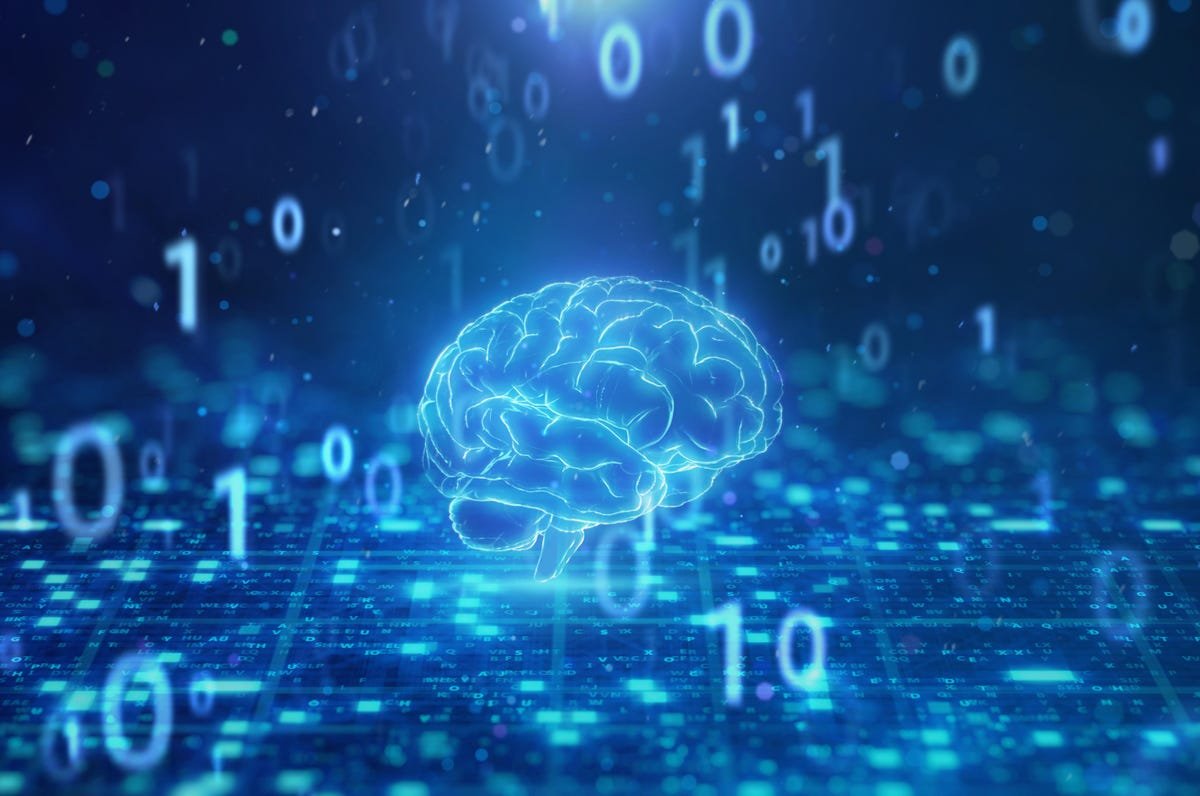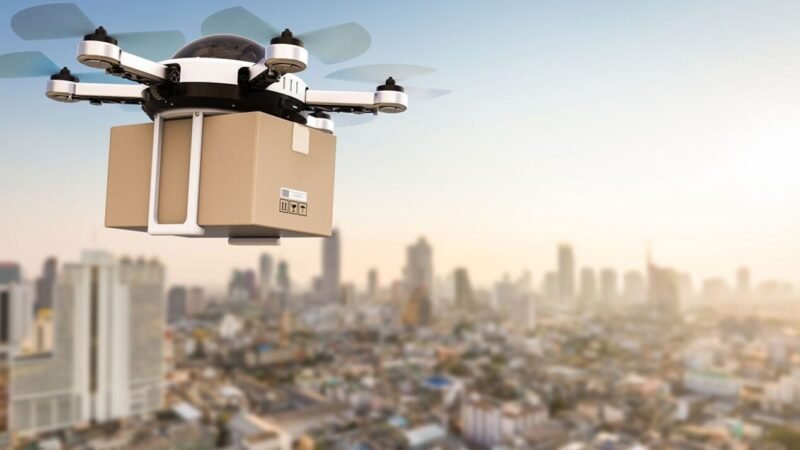artificial intelligence in combating cyberattacks

Cyberattacks are the order of the day. The question is no longer if they are going to attack us, but how and when. According to data from the World Economic Forum (WEF), in 2021 there was a 151% increase in cyberattacks globally. As the number of attacks on the network increases, artificial intelligence (AI) acquires an essential role in cybersecurity .
One characteristic of this technology, which places it as an ally in the fight against this type of attack, is that it continually learns. This is so, thanks to the billions of data with which experts feed it. Thanks to this, AI can identify, prioritize and analyze threats .
5 applications of artificial intelligence in cybersecurity
Some of the advantageous applications that the application of this technology brings to combat cyberattacks are:
1. Predictive analytics
Through predictive analytics, AI can prevent future threats . From which IP address is most likely to be attacked, to the types of threats that can occur. This part is key because the organization can know where its security breaches are in order to fix them before a real attack is executed.
2. Automatic detection of threats
Machine learning algorithms -a branch of AI that seeks to provide machines with the ability to automatically improve and learn through experience- are trained to automatically detect those behaviors or irregularities in system performance that indicate a possible problem . security attack .
3. Prevention of potential attacks
This technology can detect anomalies in network traffic or data flow through pattern analysis. This helps detect abnormal behavior before an attack occurs. For example, when someone outside tries to access confidential company information.
4. Security automation
This section is very useful to protect companies from typical threats, such as phishing . By automating security protocols, it is possible to reduce human error, save time and effort.
5. Zero-day vulnerabilities
Artificial intelligence in cybersecurity eliminates zero-day vulnerabilities, that is, when a hacker breaches security before those responsible for the software can find a solution.
A collaboration between people and machines
In addition to the above, artificial intelligence can also detect insider threats, network attacks, malicious files, etc. On the other hand, it cannot interpret the results , this being the work of people. Therefore, a new area of collaboration between humans and machines opens before society.
The increase in cyberattacks received by institutions and companies has meant that people cannot effectively deal with all threats. For this reason, AI has become a basic support tool for the world of cybersecurity. Assuming to arrive before the attack occurs , thanks to the analysis and identification of threats that this technology provides to cybersecurity experts. The network is immense and people require reinforcement to be able to face the avalanche of cyberattacks in recent times.
For this reason, we cannot forget that artificial intelligence systems can also be attacked . For this, it will be necessary to run secure systems that protect the safety of the machines. And don’t forget to make backup copies, create strong passwords, update equipment, control removable devices, create a security plan and manage security breaches in ICT systems.






